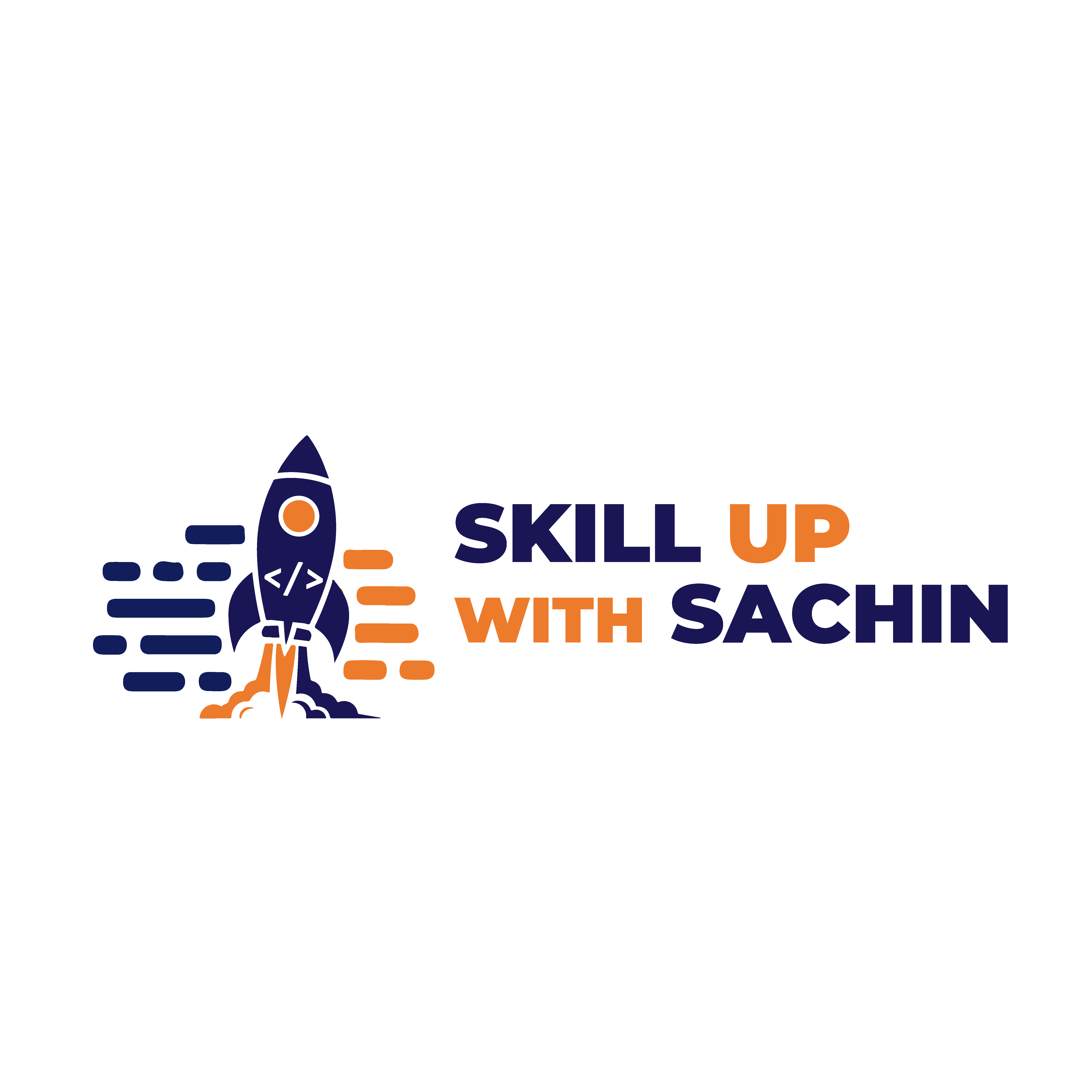Check out this informative video on DevOps by me !! In the video, I have talked about tips and tricks for DevOps, as well as interview preparation and resume building. Additionally, they discuss various DevOps projects to practice. Don’t miss out on this valuable resource!
Tips and Tricks for Mastering DevOps
- Embrace Continuous Learning: The technology landscape is constantly evolving, and so should your skills. Stay updated with the latest DevOps tools and practices by attending workshops, webinars, and reading relevant blogs. Platforms like Coursera, Udemy, and LinkedIn Learning offer courses that can help you stay ahead.
- Understand the Core Tools: Get hands-on experience with essential DevOps tools such as Git, Jenkins, Docker, Kubernetes, Terraform, Ansible, and Prometheus. These tools are the backbone of most DevOps pipelines, and familiarity with them is often a prerequisite for job roles in this field.
- Practice Infrastructure as Code (IaC): IaC is a key component of DevOps, enabling teams to manage and provision computing infrastructure through machine-readable files, rather than physical hardware configuration. Tools like Terraform and Ansible are crucial in this aspect. Practice writing scripts to automate infrastructure deployment and management.
- Master CI/CD Pipelines: Continuous Integration and Continuous Deployment/Delivery (CI/CD) are core principles of DevOps. Build and optimize CI/CD pipelines using tools like Jenkins, GitLab CI, or CircleCI. Understanding how to automate testing and deployment processes will make you invaluable to any development team.
- Focus on Security (DevSecOps): As security becomes an increasingly critical aspect of software development, integrating security practices into your DevOps workflows (known as DevSecOps) is essential. Familiarize yourself with tools like OWASP ZAP, SonarQube, and Checkmarx, and incorporate security testing early in the development process.
- Automate Everything: One of the key principles of DevOps is automation. Whether it’s testing, deployment, or monitoring, strive to automate repetitive tasks. This not only increases efficiency but also reduces the potential for human error.
- Collaborate and Communicate: DevOps is as much about culture as it is about tools. Effective collaboration between development and operations teams is vital. Foster open communication channels and regularly collaborate with cross-functional teams to ensure smooth operations.
- Monitor and Optimize: Monitoring is crucial in DevOps to ensure the health and performance of applications. Tools like Prometheus, Grafana, and ELK Stack can help you monitor systems in real-time. Regularly review and optimize your processes based on monitoring data.
Building a Strong DevOps Resume
Your resume is your first impression. Make sure it reflects your skills and experience effectively.
- Highlight Relevant Skills: Tailor your resume to highlight the specific skills and tools mentioned in the job description. Include sections for your technical skills, such as proficiency in Docker, Kubernetes, AWS, Jenkins, etc.
- Include Certifications: If you’ve completed any relevant certifications, such as AWS Certified DevOps Engineer, Docker Certified Associate, or Certified Kubernetes Administrator (CKA), make sure to highlight these. Certifications add significant value to your resume.
- Showcase Your Experience: Provide detailed descriptions of your previous roles and responsibilities. Focus on your achievements, such as automating deployment pipelines, reducing downtime, or improving system performance.
- Quantify Your Impact: Wherever possible, include metrics to demonstrate the impact of your work. For example, “Implemented a CI/CD pipeline that reduced deployment time by 50%” or “Managed cloud infrastructure with a 99.9% uptime SLA.”
- Use Action Words: Start your bullet points with strong action verbs like “Automated,” “Implemented,” “Optimized,” “Monitored,” and “Developed.” This helps convey a sense of initiative and accomplishment.
By following the tips and tricks outlined here, preparing thoroughly for interviews, and building a resume that showcases your expertise, you’ll be well on your way to a successful career in DevOps. Remember, the key to success in DevOps lies in fostering a collaborative culture, embracing automation, and always striving for continuous improvement. Happy learning!
#skillupwithsachin #resume #learning #tipsandtricks #resumebuilding #interviewtricks


